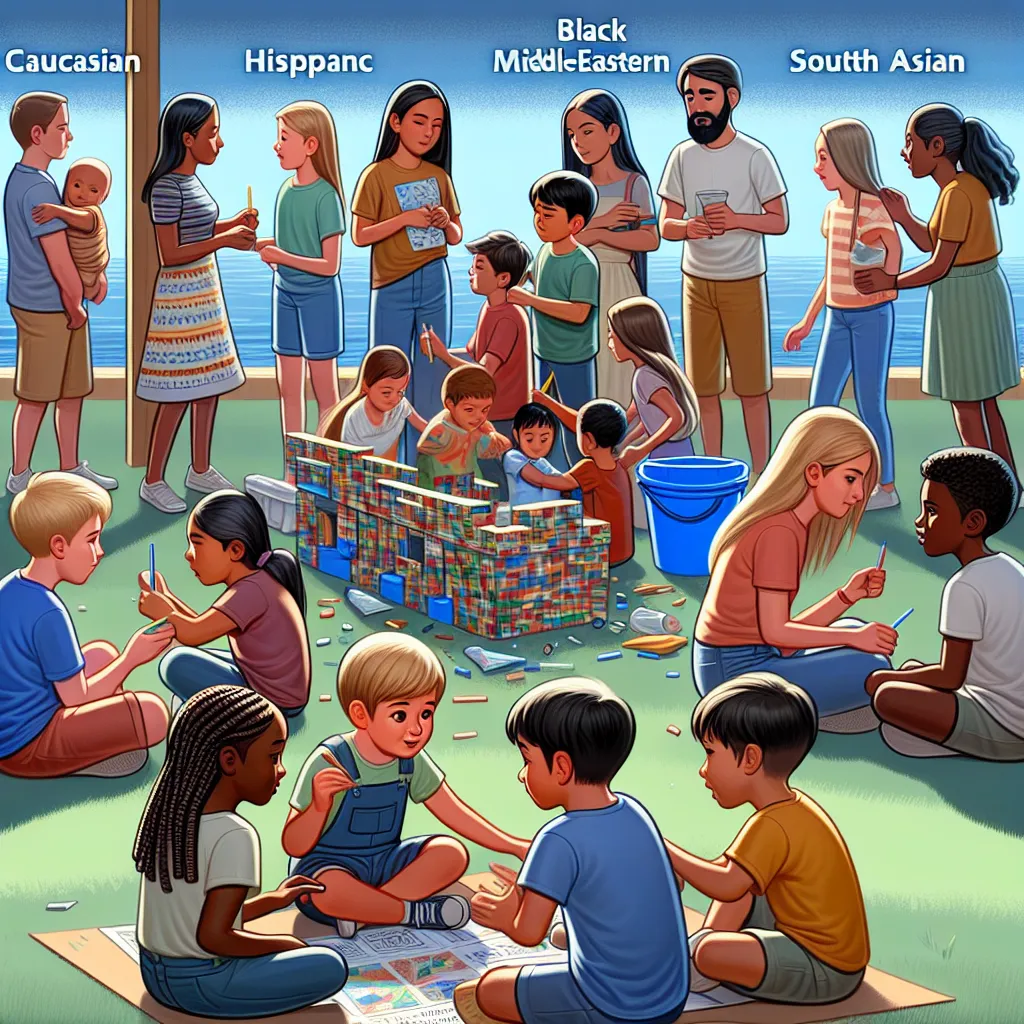Category: Child Development
The category of Child Development encompasses the physical, cognitive, emotional, and social growth and changes that occur in children from infancy through adolescence. It involves the study of how children develop the skills, abilities, and behaviors that enable them to navigate the world around them. Key areas of focus within this category include language acquisition, motor skills development, social interaction, emotional regulation, and cognitive processes such as memory, attention, and problem-solving. Understanding child development is crucial for parents, educators, and caregivers as it provides insights into how to support and nurture children’s growth and development. Additionally, researchers and professionals in fields such as psychology, education, and healthcare rely on a thorough understanding of child development to design interventions, programs, and policies that promote the well-being and healthy development of children.
In essence, the study of Child Development is multidisciplinary, drawing from fields such as psychology, sociology, neuroscience, and education to provide a comprehensive understanding of the factors that influence children’s growth and development. It explores both typical patterns of development and individual differences, considering the roles of genetics, environment, culture, and experiences in shaping children’s developmental trajectories. Ultimately, the category of Child Development seeks to shed light on the complex and dynamic processes that unfold as children progress through various stages of development, with the aim of fostering optimal outcomes for children’s well-being and future success.





